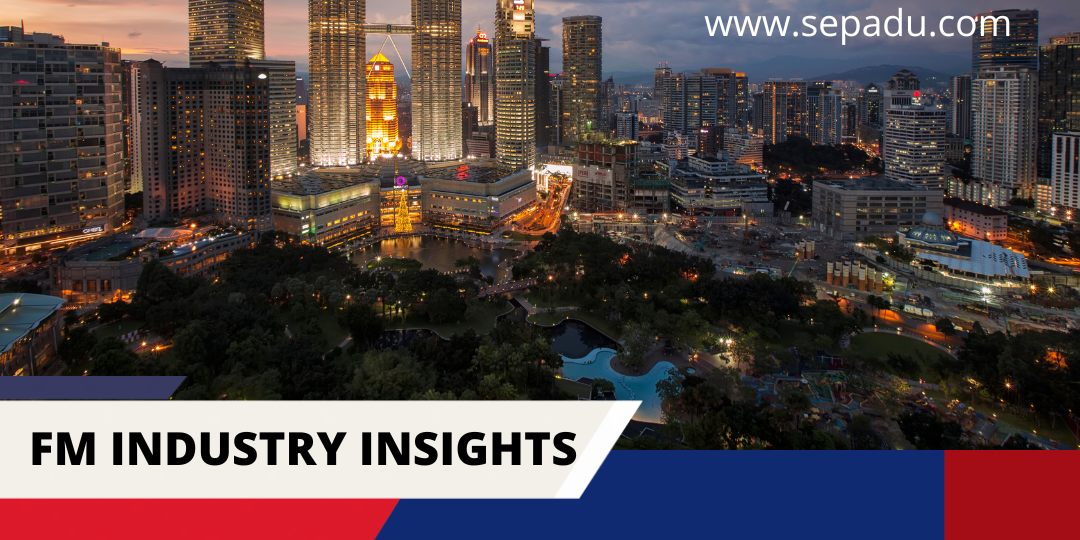The workplace is no longer static. From the rise of hybrid work to advances in building technology, facilities management is evolving faster than ever. For organizations in Kuala Lumpur and across Malaysia, “future-proofing” a facility means creating spaces that are adaptable, efficient, and aligned with long-term business goals.
Why Future-Proofing Matters
Facilities are more than just buildings, they’re living ecosystems that impact productivity, sustainability, and overall business success. Companies that fail to adapt risk higher costs, operational inefficiencies, and even talent loss. Future-proofing ensures that facilities remain relevant and valuable despite rapid change.
Key Pillars of Future-Proof Facilities
- Sustainability at the Core
Energy-efficient systems, renewable energy adoption, and waste reduction strategies are now essential. Green certifications such as Malaysia’s Green Building Index not only lower utility costs but also enhance corporate reputation. - Smart Technology Integration
The modern facility relies on connected systems. IoT sensors, automated lighting, smart HVAC, and Building Information Modeling (BIM) improve efficiency and reduce downtime. Data-driven insights help managers optimize performance and plan proactively. - Flexible Work Models
The rise of hybrid and remote work has changed how space is used. Facilities must support collaborative areas, hot-desking, and digital connectivity. Adaptability is key to meeting employee expectations while keeping operational costs under control. - Resilient Risk Management
From cybersecurity in smart systems to compliance with health and safety standards, resilience is part of future-proofing. Facilities that prioritize risk management protect both people and assets.
The Business Benefits
Future-proofing a facility isn’t just about keeping up with trends, it’s about unlocking measurable returns:
- Lower Operational Costs: Through energy savings and predictive maintenance.
- Talent Attraction & Retention: Modern, sustainable workplaces appeal to environmentally and tech-conscious employees.
- Stronger Brand Value: Organizations seen as forward-thinking and responsible gain stakeholder trust.
- Long-Term ROI: Facilities that adapt stay relevant longer, reducing the need for costly overhauls.
The Kuala Lumpur Context
In Malaysia’s competitive and fast-growing market, businesses are under pressure to balance cost efficiency with innovation. By investing in sustainable practices and embracing smart building technologies, organizations in Kuala Lumpur can create facilities that are not only operationally efficient but also resilient in the face of evolving work models.
Final Thought
Future-proofing isn’t a one-time project, it’s an ongoing strategy. By aligning sustainability, technology, and flexibility, facility managers transform buildings into strategic assets that support both people and business growth. The future-ready facility is not just about surviving change, but thriving in it.







